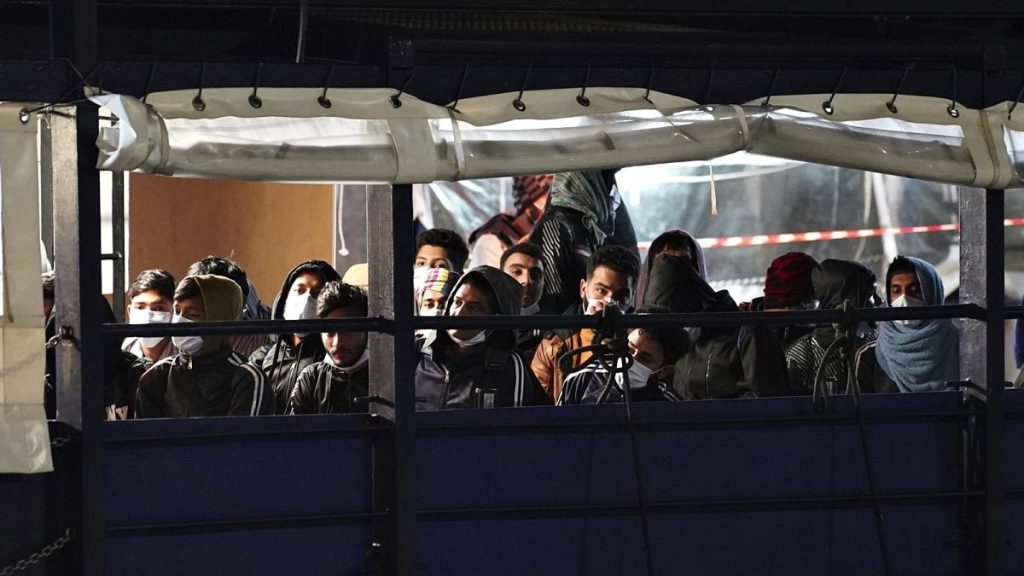The European Union’s migration policy reform will not lead to the outsourcing of asylum requests, according to Ylva Johansson, the European Commissioner for Home Affairs. Johansson emphasized the need to work with partner countries to manage migration and fight smugglers together. The New Pact on Migration and Asylum, which is set to be finalized next month, includes common rules to manage asylum seekers, fast-track applications, and ensure fair distribution of international protection. Efforts are also being made to strengthen the “external dimension” of migration through agreements with neighbouring countries, such as Tunisia and Mauritania. However, Italy’s protocol with Albania to process asylum applications was met with criticism from humanitarian organizations, who viewed it as potentially leading to human rights violations. The European Commission did not object to the deal but emphasized it must adhere to EU law and the provisions of the New Pact.
The issue of outsourcing asylum requests resurfaced after the European People’s Party (EPP) adopted a manifesto calling for agreements to allow asylum seekers to be transferred to safe third countries for processing. This proposal raised concerns due to its similarity to the Rwanda plan, which was found to be unlawful by the UK Supreme Court. Johansson clarified that the New Pact will not allow for a Rwanda-style deal to send applicants away. She also distinguished the Italy-Albania protocol, stating that it only applies to migrants rescued in international waters, not those who have already entered Italian or EU territory. If granted asylum, these migrants will be transferred to Italy, rather than having the asylum process externalized.
In 2020, the EU received a record 1.14 million applications for international protection, with about a third of these filed by migrants who arrived irregularly. Johansson highlighted the need for a comprehensive and coordinated approach to address the challenges of migration and asylum. The New Pact on Migration and Asylum seeks to establish common rules to streamline the asylum process, while also enhancing cooperation with partner countries. The EU’s approach includes measures to strengthen border management and deter irregular migration through agreements with neighbouring countries. However, the implementation of such agreements must comply with EU law and respect human rights standards, as emphasized by the European Commission.
Despite the need for external cooperation on migration management, the EU is careful to ensure that such partnerships do not lead to the outsourcing of asylum requests or create situations that violate human rights. The Italy-Albania protocol, although controversial, demonstrates a unique approach to processing asylum applications for migrants rescued at sea. By clarifying the distinction between processing applications in international waters versus on EU territory, the European Commission aims to prevent the externalization of the asylum process. The EU’s commitment to fair sharing of responsibilities, respect for legal standards, and protection of human rights remains paramount in its efforts to address the challenges posed by migration.
In conclusion, the reform of the EU’s migration policy, as outlined in the New Pact on Migration and Asylum, emphasizes a comprehensive and collaborative approach to managing asylum seekers and addressing migration challenges. While external partnerships with neighboring countries play a crucial role in this strategy, the EU is committed to upholding human rights standards and ensuring compliance with EU law. By clarifying the parameters of agreements such as the Italy-Albania protocol, the European Commission aims to prevent the outsourcing of asylum requests and protect the rights of migrants. As the EU continues to navigate the complex landscape of migration, a balanced approach that combines external cooperation with legal safeguards will be essential in addressing the multifaceted issues at hand.


